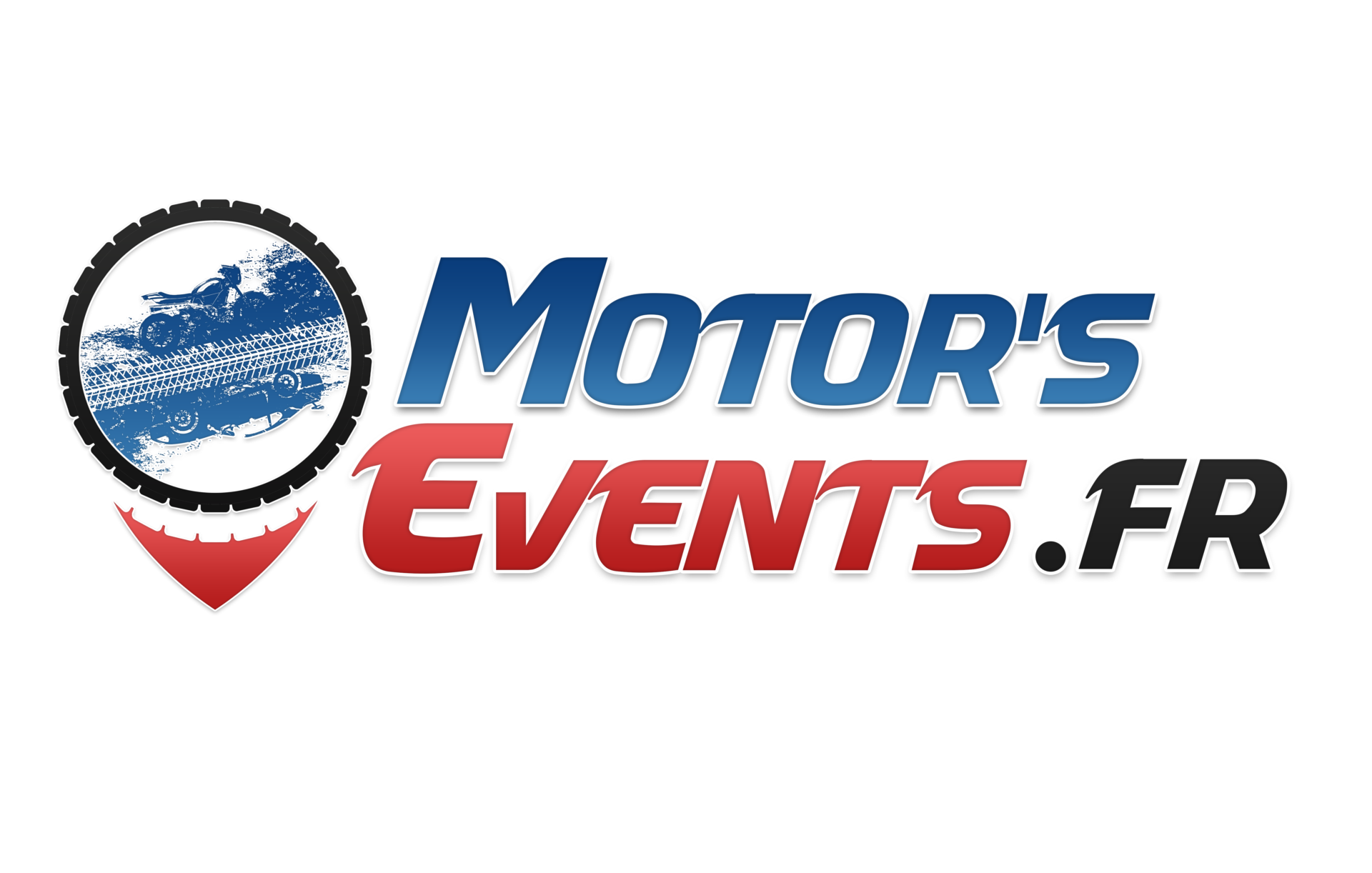Content
By seeking recovery for problems with alcohol and anger, you can work toward a more positive life. These days, people who misuse alcohol can enroll in various treatment programs, whether you choose the 12-step approach alcohol depression and anger or decide to enter residential treatment. If you’re looking for help getting started, it’s wise to speak with your physician first. Together, you can choose the best course of treatment for your needs.
- Take the first step toward addiction treatment by contacting us today.
- Additional therapies include 12-Step facilitation approaches that assist those with drinking problems in using self-help programs such as Alcoholics Anonymous (AA).
- Even though they may feel more awake and energetic, this is simply a false mask put on by your brain to cover the fatigue alcohol is genuinely causing.
The effectiveness of the anger management component, however, is not clear. Because the anger intervention was optional, relatively brief and embedded within a larger CBT treatment, it is not possible to tease out its therapeutic effects. Although the relationship between alcohol and behavioral aggression is complex (Cavell & Malcolm, 2007), meta-analyses consistently suggest that alcohol increases aggression (Bushman & Cooper, 1990; Hull & Bond, 1986; Ito, Miller, & Pollock, 1996). Further, anger may exacerbate the alcohol – aggression relationship. In stark comparison, probability of marital aggression among those low on alcohol dependence was not influenced by hostility (.01 probability). Others have documented the relationship between alcohol consumption and violence toward intimate partners (e.g., Lisco, Parrott, & Tharp, 2012) and sexual minorities (e.g., Parrott, Peterson, & Bakeman, 2011).
What is Depression?
Research has shown that thought suppression may contribute to alcohol-related aggression. One study supporting this finding enlisted 245 men with a history of heavy episodic alcohol use (Berke et al., 2020). They completed surveys assessing their endorsement of traditional masculine norms, use of thought suppression, and both trait and alcohol-related aggression. It was found that thought suppression mediated the association between the toughness masculine norm and alcohol-related aggression. An earlier study found that alcohol use enhanced aggression primarily among individuals who showed a heightened disposition for such behavior (Eckhardt and Crane, 2008).
- An increase in anger after trauma and the use of alcohol to cope with PTSD symptoms were stronger predictors of physically aggressive or violent acts than a lifetime diagnosis of PTSD without anger.
- The CBT condition in Project MATCH which focused on enhancing cognitive-behavioral coping skills included two optional sessions focused on anger.
- Have family members or others mentioned concerns about your alcohol consumption?
Through behavioral therapy and counseling, a person is better able to recognize how their thoughts tie into their actions. They can learn to recognize potential triggers and how to safely manage them. Drinking may also be a method to self-medicate negative emotions, including anger. Alcohol is a depressant substance, meaning that it helps to suppress some of the “fight-or-flight” stress reactions that anger can induce. Repeated alcohol abuse as a coping mechanism increases the odds for developing problems related to alcohol, however.
How Long Does Alcohol-Induced Depression Last?
AM focused on the development of relaxation and cognitive coping skills for anger regulation (see Table 1 for outline of AM). Cognition-relaxation coping skills (CRCS; Deffenbacher & McKay, 2000) was chosen as the anger management protocol for four reasons. First, its coping skills approach fits conceptually into coping skills relapse prevention conceptualizations (Marlatt & Gordon, 1980; Witkiewitz & Marlatt, 2004). Moreover, meta-analyses (Beck & Fernandez, 1998; Del Vecchio & O’Leary, 2004; DiGuiseppe & Tafrate, 2003; Edmondson & Conger, 1996) show CRCS to be an effective intervention that had roughly equivalent effects to other interventions.

Many individuals will use alcohol as an unhealthy coping tool to reduce symptoms of anxiety. Another example of alcohol use could be an individual that calls into work ‘sick’ because of a hangover or misses spending time with their children or family due to the effects of drinking. In this case, especially when done on a semi-regular basis, alcohol has begun to interfere with daily responsibilities and both personal and professional relationships negatively.
Can Alcohol Make Depression Worse?
The World Health Organization (WHO) warns that alcohol interferes with a person’s cognitive and physical functioning, inhibiting self-control and making it more difficult for a person to recognize when things have gone too far. It can be harder for someone under the influence of alcohol to notice typical warning signs that emotions, especially anger, may be getting out of control. Alcohol use can cause new onset anxiety and worsen pre-existing anxiety symptoms.
- If you’re physically dependent on alcohol and need to stop drinking completely, stopping suddenly could be harmful.
- The most effective way to cope with alcohol-induced anger is to avoid consuming too much alcohol.
- If you or someone you care about has a co-occurring disorder, know that help is available.
- Since this research was conducted, the study of predictors of outcome has progressed substantially (c.f., Adamson, Sellman & Frampton, 2009 for a review).
- People who are the closest to the alcoholic who struggled with anger often get the most abuse.
- A number of these therapies, including cognitive-behavioral coping skills treatment and motivational enhancement therapy, were developed by psychologists.
« Trait anger » refers to a person’s general tendency to experience chronic anger over time. An angry person tends to seek out stimuli that activate feelings of anger. This may explain why they are angry more often and act more aggressively than someone who does not have this personality trait. I’ve observed this pattern over several decades in helping clients deal with anger. Alcohol, like fatigue, diminished sleep, stress, and certain drugs, inhibits the activation of the prefrontal cortex, that part of our brain responsible for problem-solving, judgment, and overseeing and managing emotions. This disinhibiting aspect of alcohol in effect paves the way for feelings to dominate thoughts and behavior.


